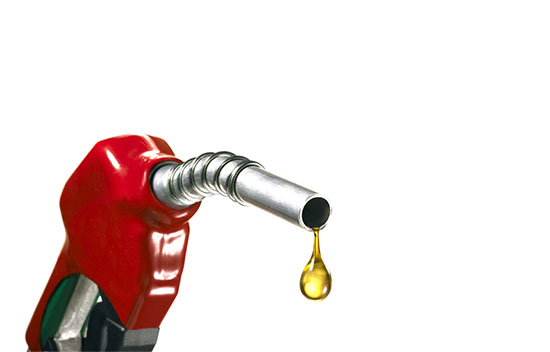
BY TONY OKAFOR
The launch of the Dangote Refinery and its entrance into Nigeria’s downstream oil sector is a welcome development.
At a time when the nation is grappling with fuel import dependency, price volatility, and economic uncertainty, Dangote’s intervention through local refining is bold and commendable.
But while we appreciate this milestone, we must be careful not to confuse progress with transformation.
The recent price reductions — often as little as ₦2 or ₦3 per litre — are more symbolic than substantive. These kobo-kobo cuts, rolled out with media buzz, do little to change the harsh reality Nigerians face daily at the pumps and in their pockets.
What Nigeria needs is not token gestures, but a wholistic overhaul of the petroleum sector — one grounded in genuine deregulation, robust competition, and efficient infrastructure. Right now, what we have isn’t true deregulation — it’s monopoly by another name.
A single refinery, no matter how massive, cannot and should not dominate the supply landscape in a country of over 200 million people.
True deregulation means multiple players — indigenous and foreign — competing and innovating in refining, distribution, and retail. That’s what drives prices down sustainably. That’s what spurs efficiency and development.
The Federal Government must move beyond lip service. Deregulation must be backed with enabling policies — fair licensing, access to crude oil, transparent pricing, and impartial regulatory oversight. Without these, the sector remains exclusionary and opaque.
Then there is the Nigerian National Petroleum Company (NNPC) Limited — a walking contradiction.
It is both a market player and an unofficial regulator. How can you compete with a referee who is also playing the game?
Until NNPC withdraws from pricing and supply coordination, it will continue to distort the market, scare away investors, and reinforce inefficiencies.
Worse still, NNPC’s close ties to government mean political interference is never far away. When pump prices are quietly negotiated or “guided” in backrooms, we are not dealing with a free market — we are watching a managed illusion.
To be clear: Dangote has done what others only promised. But Nigeria cannot build a truly liberalized oil market on the back of one man or one refinery. That is not sustainable. That is not reform.
Until the government gets out of the way, breaks monopolistic tendencies, and lets market forces do their work, these Dangote-driven reductions — however well-intentioned — will remain optics. Flashy, but fleeting.
It is not enough to chant ‘subsidy is gone’ when the real reforms are still missing.



